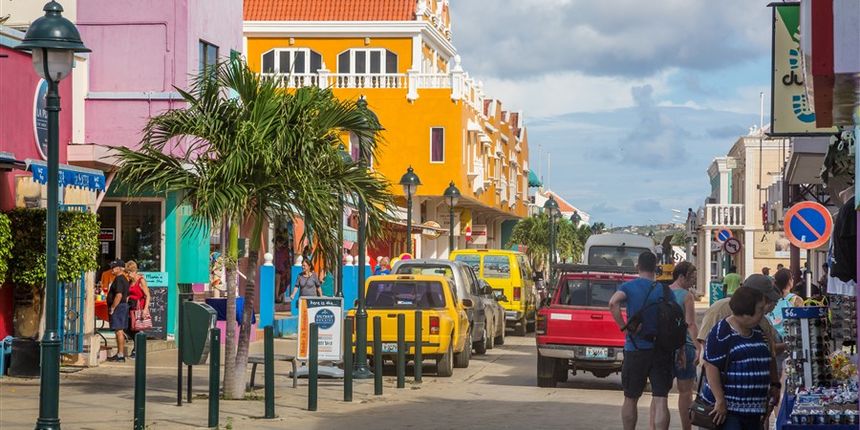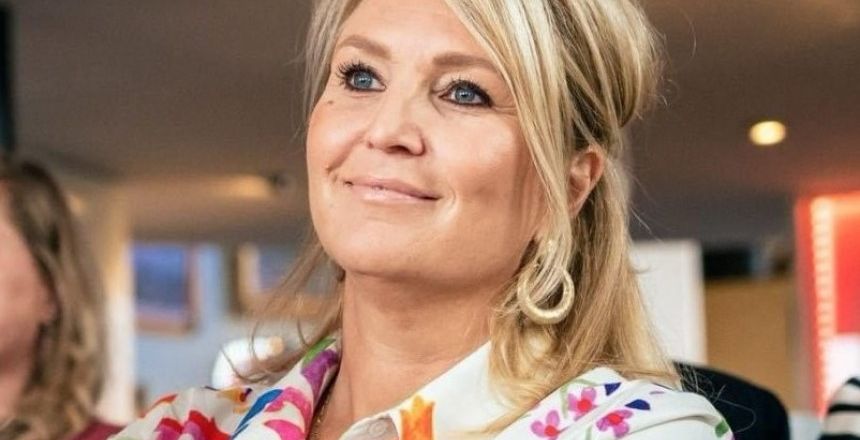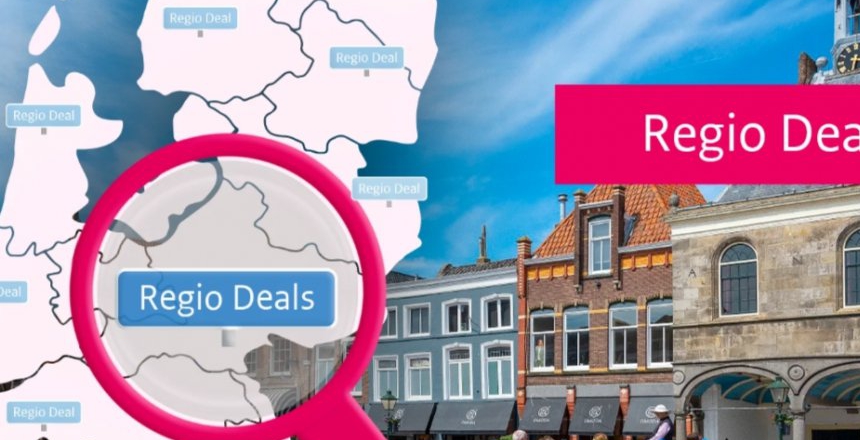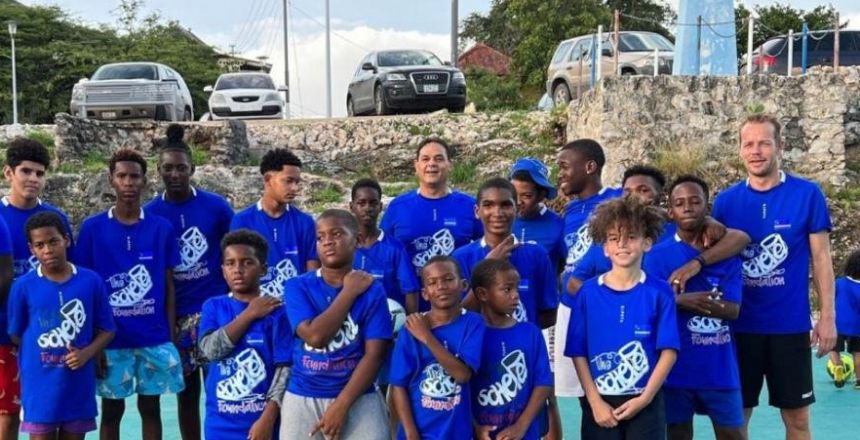Projects Circular Economy Social Improvement
4 min.
The Virtual Island Summit 2022 organized by Island Innovation is currently in full swing, until October 2nd participants from all over the globe are virtually connecting over sustainability specifically focused on islands. “Sharing Knowledge For Resilient, Sustainable And Prosperous Islands Worldwide” is the focus of this year’s summit and with a total of eight content tracks* the organizers made sure to touch on a broad spectrum of trending topics.
Sustainable Tourism
One of yesterday’s topics was ‘Radical regeneration: A New Look at Sustainable Tourism’. During the virtual get-together, various CEO’s and leaders in the tourism industry were welcomed to share their professional journey on implementing sustainability driven measures.
Across the board we can conclude that the outcome of yesterday is that the most important factor is mindset. In the words of Rosana Morillo, General Director of the Tourism Board of the Balearic Islands, specifically a “circular mindset”. In her region, they have gotten as far as creating laws that oblige organizations to cooperate with measures to sustain the environment. These laws are implemented by creating a circular plan first and then use this plan to annually evaluate the various companies in the tourism industry. The pillars of the circular plan of the Balearic Islands are focused on energy, water, food and general waste.
Diana Körner, Sustainable Tourism Consultant and Co-Founder of the Seychelles Sustainable Tourism Foundation, took the circular mindset to another level, on which she stated that all stakeholders need to work together. To not only minimize the negative impact that tourism has on an island, but to create a positive one, all stakeholders (public sector, private sector, academia, NGO’s, government, community, etc.) need to “join forces”. In the Seychelles, they do and they are working hard to show the potential of the beach destination beyond the sun and the sea.
A great example came from Carl Hunter, Property Manager of Saint Lucia’s Anse Chastanet and Jade Mountain Resorts. In the resort on Saint Lucia, they involve the community and the guests in their annual “Mango Madness” event. During the mango season, together they harvest the mango’s and process them to make all kinds of products. Apart from creating more valuable and sustainability focused experiences for the tourists, by using what the area has to offer, they also create value for the community.
“Buy local, build locally” – Hunter
Actively involving the community also forms the bridge between sustainability and the supply chain of tourism. Almost all of the speakers yesterday really stressed the importance of buying local to make a great impact on sustainability. Diana Körner advised to “make the supply chain as local as possible” and Stavros Kapetanakis, CEO of Thalasses, Crete Holiday Home and Domisi Development, also talked about carefully choosing which organizations to promote to the tourists. Not only the hospitality establishments must be careful about protecting the environment, but also the suppliers and other providers in the industry should treat the topic carefully.
Caribbean-centric approach
During the Q&A an important issue arose; investors arriving on an island from abroad with their knowledge and techniques from abroad, without actually knowing the destination in which they are investing.
Carl Hunter used the comparison “European-centric approach” versus “Caribbean-centric approach” to explain his point of view. He explained that it is important to consider the culture, mentality and standards of a destination, before starting to build in that area. Also, the available resources, knowledge and current techniques should be explored to decide what is appropriate in a specific area. For example, in relation to the climate. Hunter advised to definitely bring the knowledge and techniques from abroad, but to tailor it to the specific needs of the location, instead of copying it and ignoring what is already available.
Register Now!
Even more topics related to tourism were discussed yesterday! To not miss anything else and to join the conversation, share your ideas or watch the many interesting presentations, you can still participate.
Click this link to register for VIS2022 for free!
Written by Thyrza Piëst
* The content tracks are the various learning paths that the summit has to offer. The tracks are:
- Climate Action & Adaption
- Blue Economy, Conservation & the Ocean
- Health, Education, Diversity & Inclusion
- Sustainable Tourism
- Renewable Energy & Clean Energy Transition
- Agriculture, Trade & Food Security
- Circular Economy
- Blockchain & Cryptocurrency





